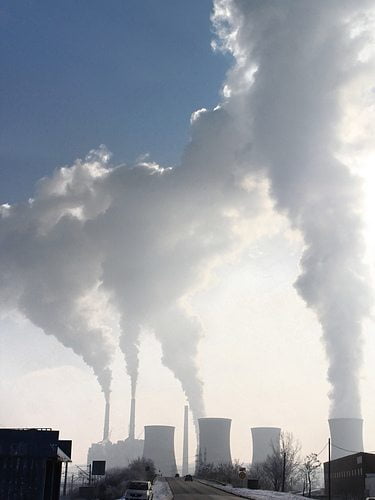

Economy
$100bn climate finance goal achievable but stronger commitments needed
The goal of mobilising $100 billion (£65.5bn) per year in international climate funding by 2020 is achievable but requires various sources of funding, including public and private sectors, to be brought together, according to a report from the World Resources Institute.
The paper – Getting to $100 Billion: Climate Finance Scenarios and Projections to 2020 – argues that under a scenario of greater clarity and stronger commitments climate finance could total up to $155 billion (£101bn) by 2020.
The report has been released ahead of a UN climate summit set to be held in Paris in December. It is hoped that the meeting, which will see world leaders gather to discuss climate change and commitments, will result in a universal treaty.
Athena Ballesteros, director of the sustainable finance initiative at the World Resource Institute, said, “An international climate agreement at COP21, including an agreement in finance, depends on developed countries providing a credible pathway to honour their commitments with strong provisions for predictable adequate climate finance.
“While $100 billion is not sufficient on its own to create a low-carbon transformation, it is an important political goal to signal developed countries’ are committed to scaling up climate finance.”
The report looks at four different scenarios, using various growth rates and assumptions about how much private investment can be leveraged. It finds that development country climate finance alone will not reach $100 billion unless it grows at an annual rate of 25%.
However, by combining country climate finance, multilateral development bank climate finance, private sector leverage and climate-related official development assistance the target could be achieved under a low growth rate projection.
The Potsdam Institute for Climate Impact Research has previously commented that while pledges to cut carbon emissions and increase renewables are an “important step forward”, climate finance is needed to cover investment gaps and alleviate distributional tensions. Separate research published in March suggested that rich nations could affordably pledge up to $2 trillion each year by mid-century to help developing countries mitigate the impacts of climate change.
Photo: Emilian Robert Vicol via Flickr
Further reading:
France pledges $1bn to Green Climate Fund
Lord Stern: development and climate finance should not be separated
Climate finance of $150bn needed to limit climate change
COP19: China urges progress on 2020 climate finance targets
Study: rich nations could affordably give $2tn to tackle climate change in developing countries


 Environment12 months ago
Environment12 months agoAre Polymer Banknotes: an Eco-Friendly Trend or a Groundswell?

 Features11 months ago
Features11 months agoEco-Friendly Cryptocurrencies: Sustainable Investment Choices

 Features12 months ago
Features12 months agoEco-Friendly Crypto Traders Must Find the Right Exchange

 Energy11 months ago
Energy11 months agoThe Growing Role of Solar Panels in Ireland’s Energy Future




























